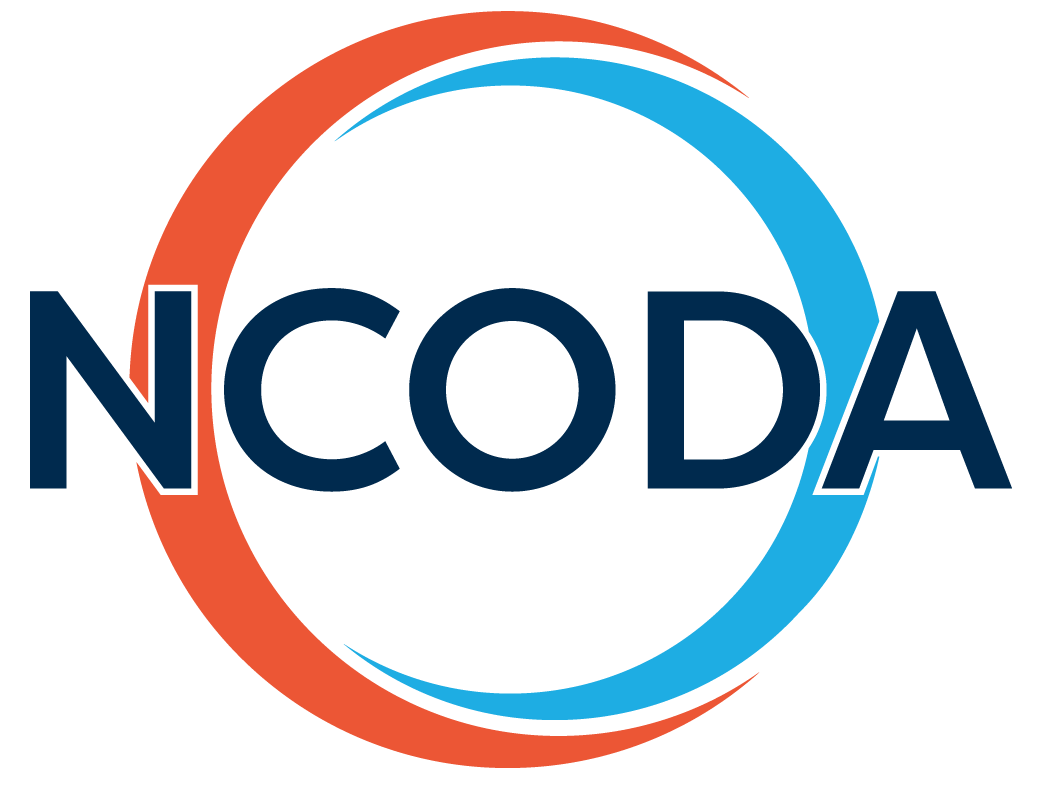2026 International Spring Forum
April 15, 2026 | 12:00 PM EST
The Supplement Dilemma
Published Date: July 15, 2025
Share

Author:
Natasha Olson, PharmD
As the sales of supplements among cancer patients grow in popularity, new challenges are emerging for oncology healthcare providers and the pharmaceutical industry. Central to addressing these issues is the need for coordinated action: the industry must prioritize research into drug-supplement interactions, enhance education for healthcare providers and patients, and advocate for stronger regulatory oversight. Supplements, often marketed as “natural” remedies, can interact dangerously with cancer treatments and undermine the precision required for effective care.
The issue is further complicated by the rise of social media “health experts,” who frequently promote supplements as miracle cures for cancer, often without scientific backing. These pseudoscience and confirmation bias phenomena have led to an increasing number of patients walking into oncology clinics armed with a variety of supplements, many of which could have serious consequences in patients with concomitant diseases and drug therapies. For pharmaceutical companies, the challenge is clear: How can the industry better educate healthcare providers to handle the growing trend of supplement use among cancer patients while ensuring the safety and efficacy of prescribed treatments?
The pharmaceutical industry needs to develop a better understanding of drug-supplement interactions as a crucial component in improving cancer treatment outcomes and reducing potential harmful interactions. The effectiveness of many cancer therapies can be compromised by the use of certain supplements, which can alter the metabolism of anti-cancer drugs. For example, St. John’s Wort, a commonly used herbal remedy for depression, is known to accelerate the breakdown of several chemotherapeutic agents in the liver, rendering them less effective. This poses a significant challenge for pharmaceutical companies seeking to develop drugs that deliver consistent and reliable results in real-world settings.
Antioxidants, such as vitamins C and E, which are often touted as immune boosters, also pose risks. These vitamins can interfere with chemotherapy treatments that rely on oxidative stress to kill cancer cells. Patients, unaware of these potential interactions, may inadvertently reduce the efficacy of their cancer treatments by taking supplements they believe to be harmless. The pharmaceutical industry must consider how to address this issue, both by conducting more thorough research on drug-supplement interactions and by collaborating with healthcare providers to educate patients on these risks.
One of the major challenges with supplements is the lack of regulation and standardization. Unlike pharmaceutical products, which are subject to rigorous testing and approval processes, supplements often vary widely in composition, potency, and quality. Patients may not be aware of what they are consuming, and variations in supplement formulas can lead to unpredictable and potentially harmful effects. There are numerous studies and reports of supplements, which, after testing, demonstrated significant variations in potency and added ingredients not listed on the label. For cancer patients, who require precise dosing and timing for their treatments, this lack of standardization is especially concerning.
The healthcare industry as a whole should consider highlighting the importance of advocating for stronger regulations and quality control measures in the supplement market. While supplements are not subjected to the same regulatory framework as drugs, their widespread use among cancer patients makes it imperative for the pharmaceutical sector to push for better oversight. Stronger regulations would enable healthcare providers to better understand the potential interactions between supplements and cancer treatments, thereby improving patient safety and treatment outcomes.
One of the biggest hurdles in managing supplement use among cancer patients is the communication gap between patients and their healthcare providers. Many patients do not disclose their use of supplements, either because they view them as harmless or fear disapproval from their doctors. This lack of transparency can be dangerous, as healthcare providers may not be aware of potential interactions that could affect treatment outcomes. It is vital that healthcare providers, at every interaction with patients, inquire about the use of supplements to maintain an accurate medication profile to screen for these potential interactions.
As supplement use among cancer patients continues to rise, the pharmaceutical industry must prioritize (1) research into drug-supplement interactions, (2) advocacy for stronger regulation of supplements, and (3) improved communication between patients and healthcare providers. A coordinated, proactive approach is the primary recommendation to mitigate the risks that supplements pose to cancer care and to ensure safe and effective treatment for patients.






